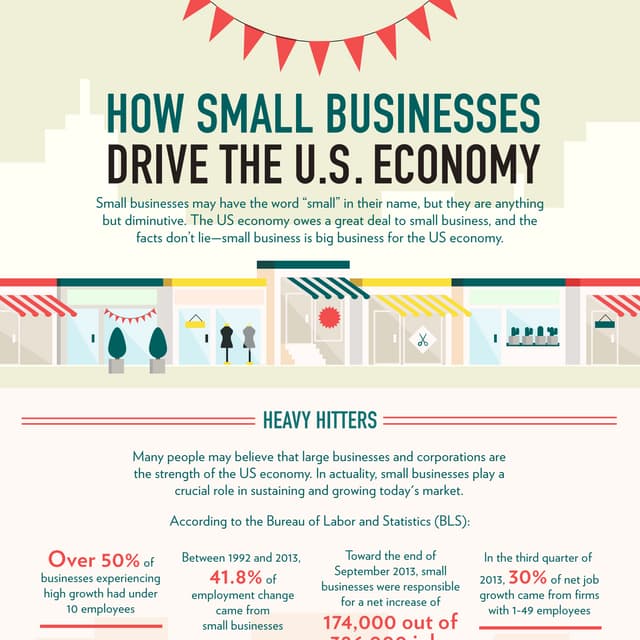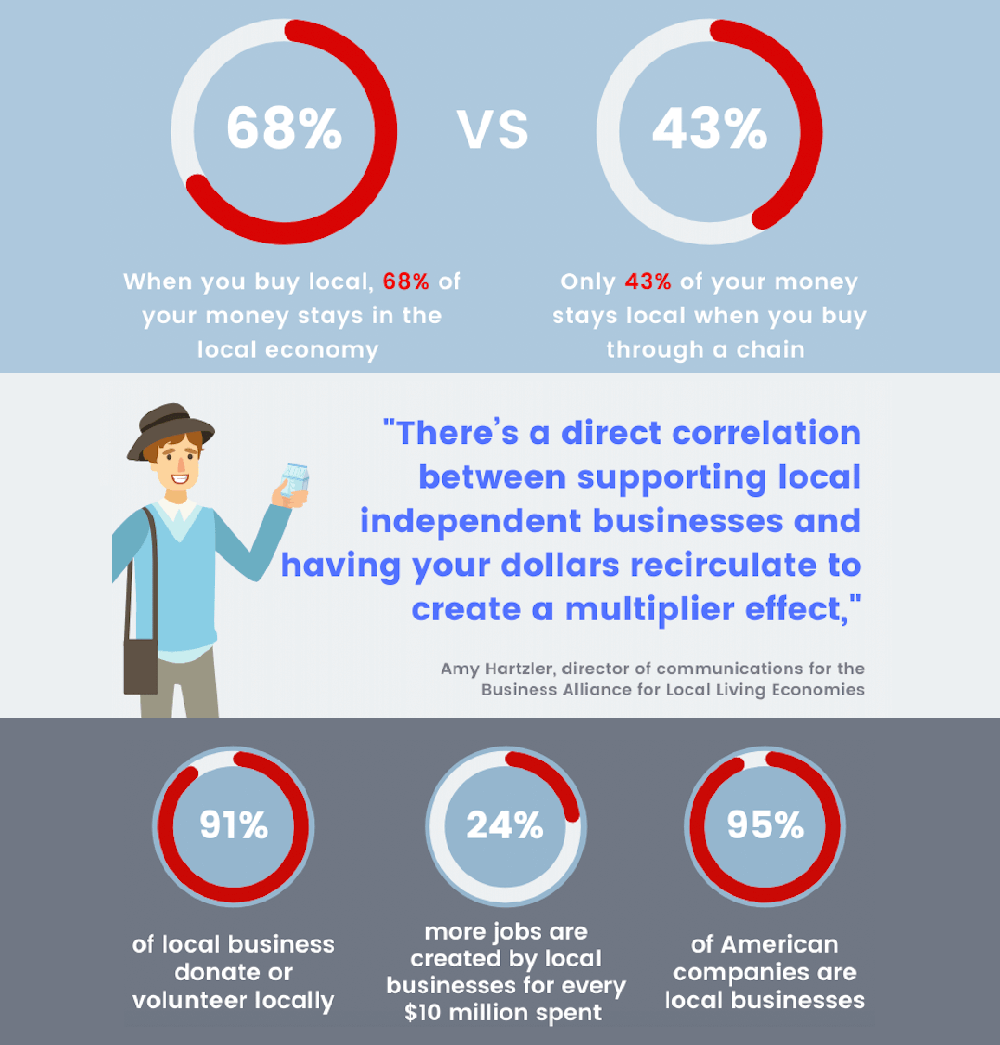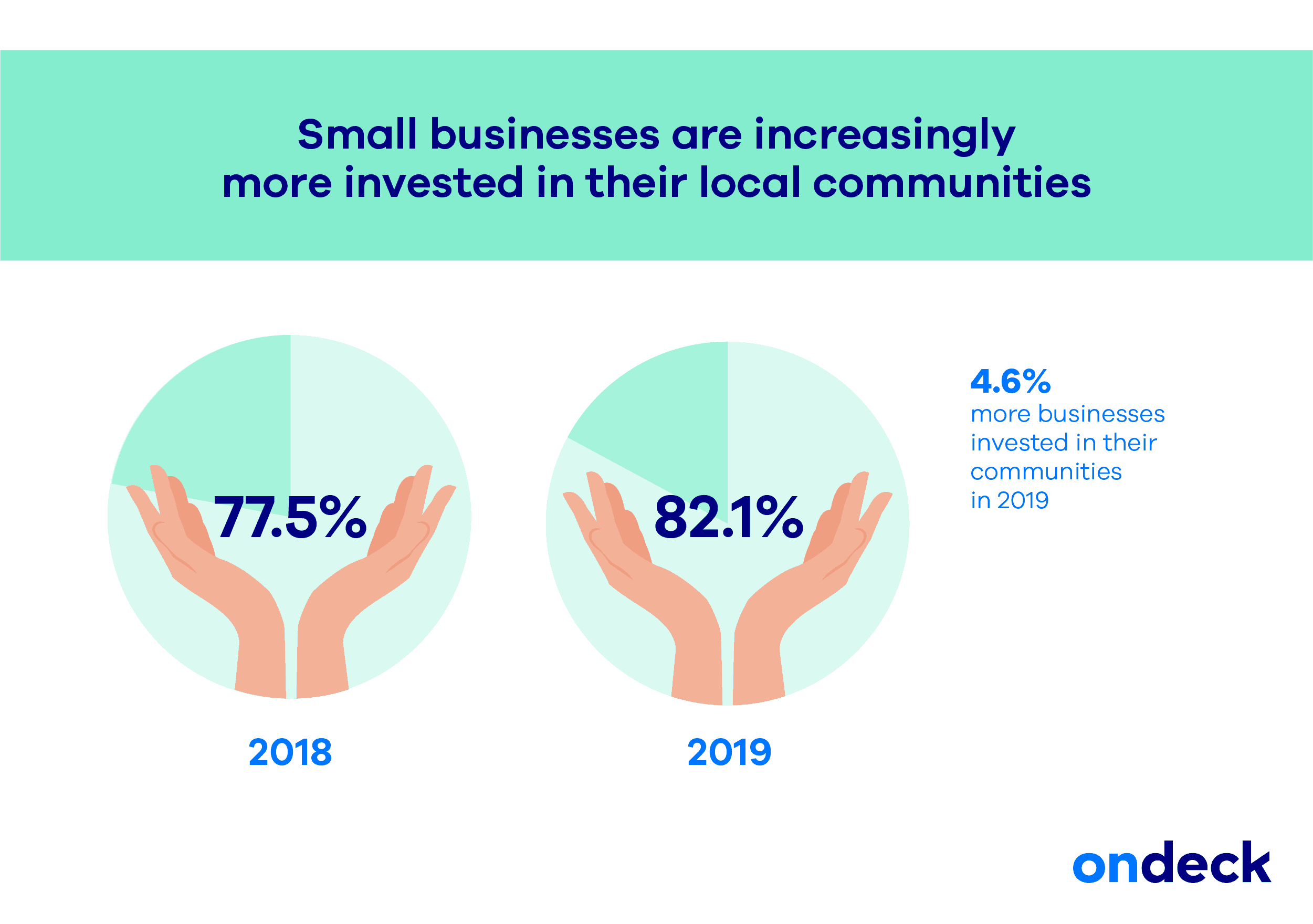How Do Local Businesses Contribute To The Economy

In an era dominated by global conglomerates, the foundational role of local businesses in sustaining and enriching economies often goes unnoticed. These enterprises, the corner stores, family restaurants, and independent service providers, are far more than just convenient options for consumers. They represent a powerful engine for economic growth, community development, and individual empowerment.
This article delves into the multifaceted ways local businesses contribute to the economy, examining their impact on job creation, tax revenue, community investment, and fostering a unique sense of place. We'll explore data-backed evidence and expert opinions to illustrate how these seemingly small entities collectively wield significant economic influence, shaping the landscape of their communities and beyond.
Job Creation and Economic Multiplier Effect
Local businesses are significant job creators, particularly for entry-level positions and specialized roles that larger corporations may not offer. According to the Small Business Administration (SBA), small businesses create approximately two out of every three new jobs in the United States. This is especially important in areas struggling with unemployment or underemployment.
Beyond direct employment, local businesses generate an economic multiplier effect. When people spend money at local businesses, a greater percentage of that revenue stays within the community. This money is then re-spent at other local businesses, supporting additional jobs and economic activity.
Studies show that local businesses are more likely to source their supplies and services from other local businesses, further amplifying this effect. This creates a virtuous cycle of economic growth and community prosperity.
Tax Revenue and Public Services
Local businesses are a crucial source of tax revenue for local governments. Property taxes, sales taxes, and income taxes generated by these businesses fund essential public services such as schools, infrastructure, and public safety.
A thriving local business sector translates to a stronger tax base, allowing local governments to invest in community improvements and enhance the quality of life for residents. This is particularly important in smaller towns and rural areas where local businesses may be the primary source of tax revenue.
Without a robust local business community, local governments may struggle to provide adequate services, leading to a decline in community well-being. Supporting local businesses is therefore an investment in the overall health and vitality of the community.
Community Investment and Philanthropy
Local businesses are often deeply invested in the well-being of their communities. They are more likely to support local charities, sponsor community events, and contribute to local initiatives.
Unlike large corporations, local business owners often live in the communities they serve and are personally invested in its success. They understand the unique needs and challenges of their communities and are more likely to be responsive to local concerns.
This commitment to community investment fosters a sense of belonging and strengthens the social fabric. It creates a more vibrant and resilient community where people are more likely to thrive.
Unique Character and Sense of Place
Local businesses contribute to the unique character and sense of place that makes each community distinct. They offer goods and services that reflect the local culture, traditions, and values.
By supporting local businesses, consumers help preserve the authenticity and individuality of their communities. This creates a more interesting and diverse environment for residents and visitors alike.
The proliferation of chain stores and national brands can homogenize communities, eroding their unique character. Local businesses provide an antidote to this trend, ensuring that each community retains its distinct identity.
Challenges and Future Outlook
Local businesses face numerous challenges, including competition from large corporations, rising costs, and regulatory burdens. Access to capital and skilled labor can also be significant hurdles.
However, there is growing awareness of the importance of supporting local businesses. Initiatives such as "Shop Local" campaigns and government programs aimed at small business development are helping to level the playing field.
Looking ahead, the future of local businesses depends on a concerted effort from consumers, policymakers, and community leaders to create a supportive environment. By prioritizing local businesses, we can foster a more vibrant, resilient, and equitable economy for all.
"Small businesses are the backbone of our economy and the cornerstones of our communities." - SBA Administrator Isabella Casillas Guzman


















